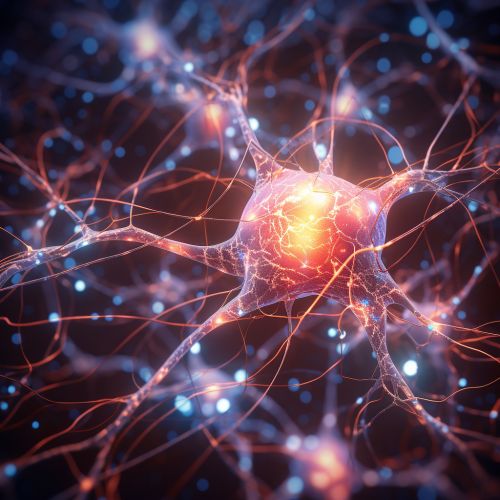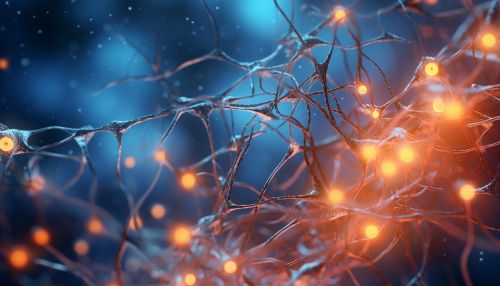Cognitive Neuroscience of Cognitive Disorders
Introduction
Cognitive neuroscience is a branch of neuroscience that studies the biological processes that underlie cognition, with a specific focus on the neural connections in the brain which are involved in mental processes. It addresses the questions of how cognitive activities are affected or controlled by neural circuits in the brain. Cognitive neuroscience is a branch of both neuroscience and psychology, overlapping with disciplines such as physiological psychology, cognitive psychology, and neuropsychology. Cognitive neuroscience relies upon theories in cognitive science coupled with evidence from neurobiology, and computational modeling.
Cognitive disorders, also known as neurocognitive disorders, are a category of mental health disorders that primarily affect cognitive abilities including learning, memory, perception, and problem solving. Neurocognitive disorders include delirium and mild and major neurocognitive disorder (previously known as dementia). They are defined by deficits in cognitive ability that are significant enough to interfere with daily life.
This article will delve into the cognitive neuroscience of cognitive disorders, exploring the neurobiological mechanisms behind these conditions, the latest research in the field, and the potential future directions for this area of study.
Neurobiology of Cognitive Disorders
Neurobiology is the study of the nervous system, with a particular focus on the brain and its impact on behavior and cognitive functions. In the context of cognitive disorders, neurobiology seeks to understand the changes in the brain that lead to the cognitive and behavioral symptoms of these conditions.
Alzheimer's disease, for example, is characterized by the accumulation of beta-amyloid plaques and neurofibrillary tangles in the brain, leading to neuronal death and the progressive loss of cognitive function. Other cognitive disorders, such as Parkinson's disease, are associated with the degeneration of dopamine-producing neurons in the brain, leading to motor symptoms as well as cognitive impairment.


Cognitive Neuroscience Research in Cognitive Disorders
Cognitive neuroscience research in cognitive disorders primarily involves the use of neuroimaging techniques, such as MRI and PET, to visualize the brain and detect structural and functional changes associated with these conditions. This research has led to significant advances in our understanding of cognitive disorders, allowing for earlier diagnosis and the development of more effective treatments.
For example, neuroimaging studies have revealed that in Alzheimer's disease, brain atrophy begins in the medial temporal lobe, including the hippocampus, before spreading to other areas of the brain. This pattern of atrophy is consistent with the clinical progression of the disease, with early symptoms including memory impairment, followed by the gradual loss of other cognitive functions.
Future Directions in the Cognitive Neuroscience of Cognitive Disorders
The future of cognitive neuroscience in the study of cognitive disorders is promising, with several exciting avenues of research being pursued. One such avenue is the development of new neuroimaging techniques, which will allow for even more detailed visualization of the brain and the changes associated with cognitive disorders.
Another promising area of research is the study of the genetic basis of cognitive disorders. While it is known that certain genes are associated with an increased risk of developing these conditions, the exact mechanisms by which these genes influence brain function and lead to cognitive impairment are not fully understood. Understanding these mechanisms could lead to the development of new treatments targeting the genetic basis of cognitive disorders.
